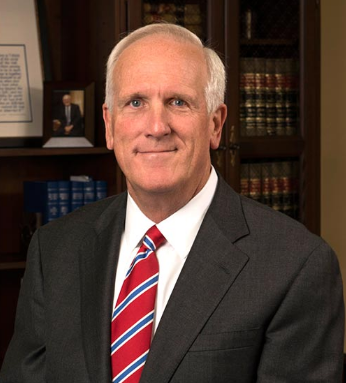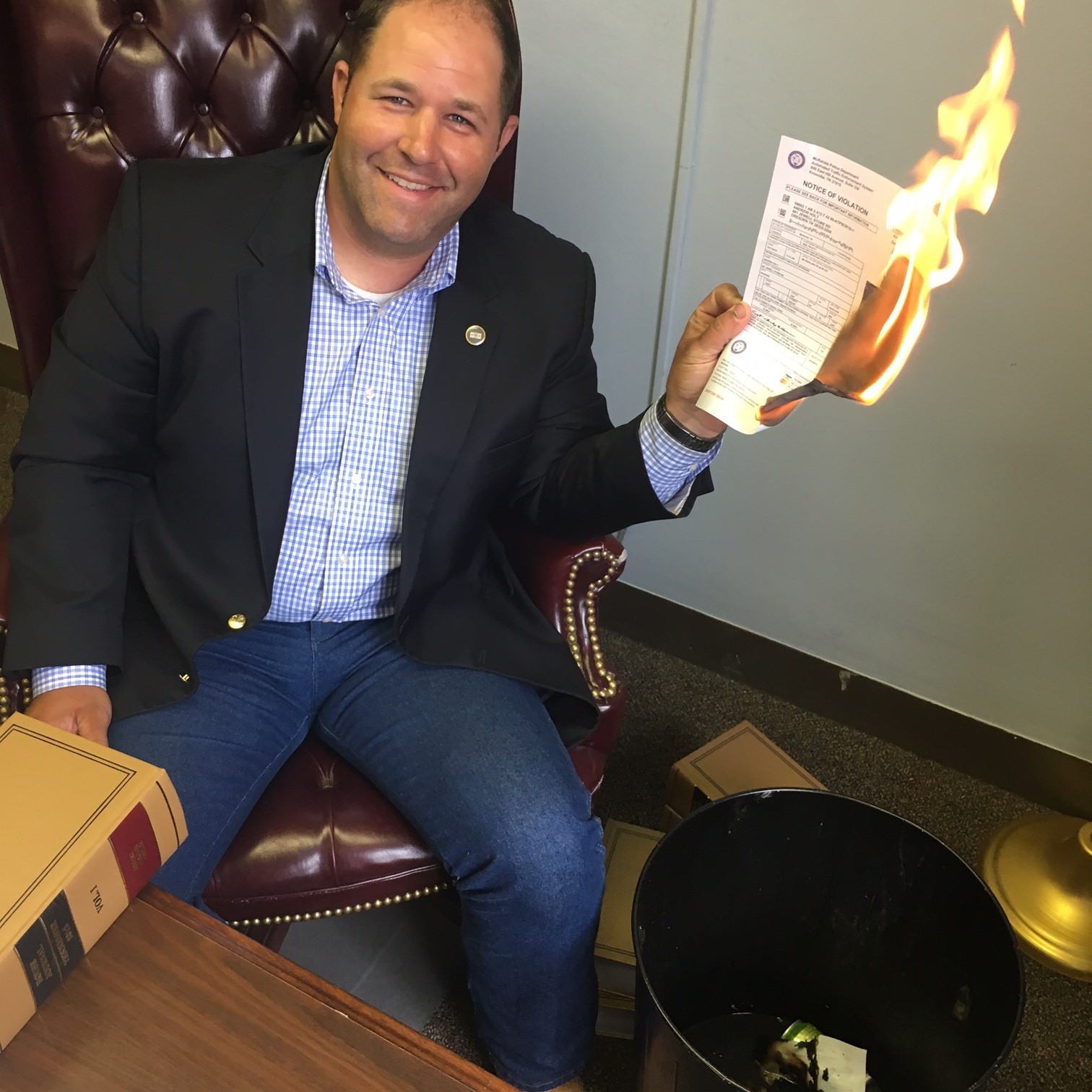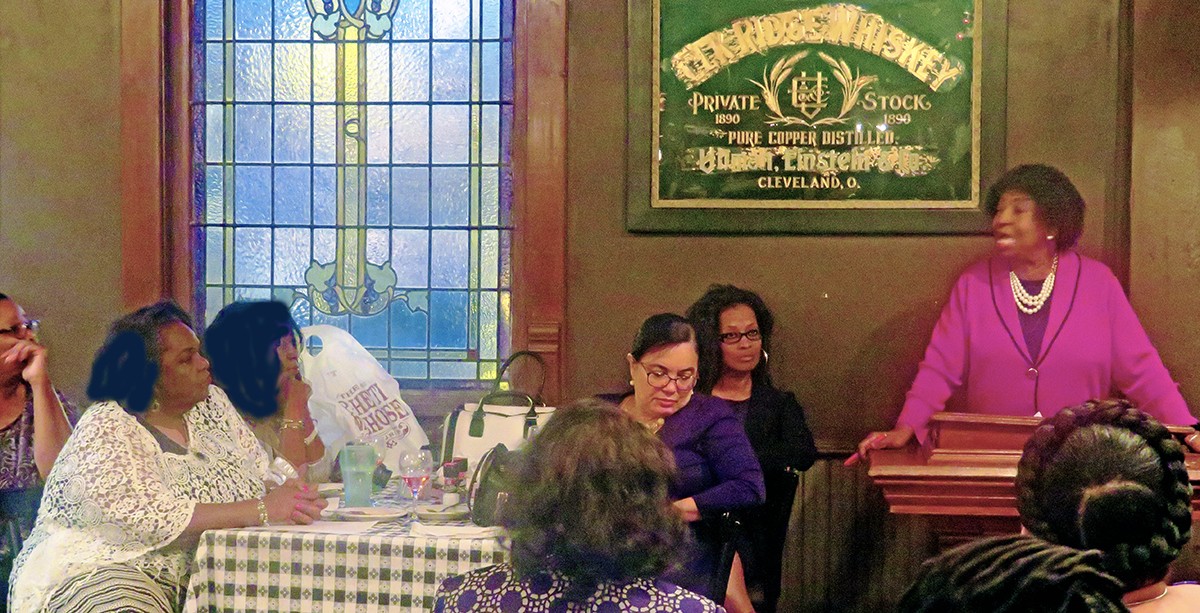
Ordinarily, we don’t address the same subject in this space for two weeks running, but there are exceptions, once in a while. Last week, you may recall, we wrote about the Memphis Zoo board’s economic impact study, vis-a-vis Greensward parking at Overton Park. We dealt briefly (and by no means definitively) with both the study and the reaction of critics who distrusted its conclusions that Greensward parking was not necessarily a bad thing.
The subject (which shows no signs of going away, in any case) reared itself again this week in remarks to a Rotary Club of Memphis luncheon at the University Club by former city councilman Shea Flinn, now senior vice president of the Greater Memphis Area Chamber of Commerce and, as described by chamber chair Carolyn Hardy, the man who “moves the needle” on economic opportunity incentives pushed by the chamber.
Flinn oversees the Chairman’s Circle, a public outreach group operated by the chamber, as well as a series of innovative projects he refers to as “moon missions.”
His approach to the Greensward question was somewhat inadvertent and came his way during the post-address question-and-answer period, via an audience query regarding one of the aforesaid moon missions, this one designated as “Advancing Green Space.” Flinn was asked to comment on that mission in light of the current Greensward controversy.
Flinn made it clear that a) he was not advancing an official chamber position; and b) he was not bursting at the seams with an urge to speak on the matter as a private citizen. In keeping with that caution, Flinn’s first response was to express optimism that, as a result of ongoing mediation efforts initiated by Mayor Jim Strickland, there would soon be found “an adequate solution” to the controversy. He then went further, suggesting that there was an obvious silver lining to the whole wrangle, “if we could step back from the passion and Facebook of it all.”
Flinn reminded his audience that, “20 years ago we actually celebrated the fact of zoo parking.” It was because, he added, at that time the Memphis Zoo and Overton Park had each lost much of their luster and were not attracting nearly as many local citizens and tourists.
What he was saying, in effect, was that there is a problem today only because both the zoo and the park have been upgraded to the point that there is green space worth fighting over.
Well, that’s one way to look at it.
We were struck by several of Flinn’s observations, including his warning that “the best intentions” do not necessarily lead to “the best process.” In any case, said Flinn, it would be “a mistake to see ‘green space’ as meaning only Overton Park.”
Regrettably, however, that is the one green space that most clearly needs to be protected, however the process unfolds.


 Andy Holt
Andy Holt 



 Justin Fox Burkes
Justin Fox Burkes 
 JB
JB 